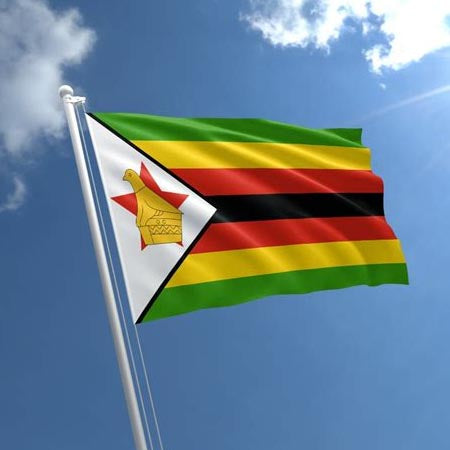
Tobacco Growing in Zimbabwe
Share
Zimbabwe has a long history of tobacco cultivation, dating back to the colonial era when the country was known as Rhodesia. Today, Zimbabwe is one of the largest tobacco producers in Africa, and tobacco remains an important part of the country's economy.
Tobacco is primarily grown in the central and northern regions of Zimbabwe, particularly in the areas around Harare, the capital, and the town of Marondera. The majority of tobacco in Zimbabwe is grown on smallholder farms, with around 80% of tobacco farmers owning less than two hectares of land.

Tobacco farming in Zimbabwe is characterized by a mix of traditional and modern farming practices. Many smallholder farmers continue to rely on traditional methods, such as hand planting and harvesting, while larger commercial farms use mechanized equipment and modern farming techniques.
Nasal snuff is known to have been used in Zimbabwe and other parts of southern Africa for many years. In Zimbabwe, as in many other parts of the world, snuff was traditionally made by grinding tobacco leaves into a fine powder, often mixed with other herbs or spices to enhance the flavor and aroma.
Snuff was traditionally used for a variety of purposes, including as a stimulant, as a treatment for headaches and other ailments, and as a ceremonial offering. In some cultures, snuff was also used as a social lubricant, similar to the way that tobacco was used in smoking rituals in other parts of the world.

Today, nasal snuff remains a popular product in many parts of Zimbabwe and southern Africa, although its use has declined somewhat in recent years due to increased health concerns around tobacco use. Tobacco production in Zimbabwe is regulated by the Tobacco Industry and Marketing Board (TIMB), which oversees all aspects of tobacco production, from licensing and registration to quality control and marketing. The TIMB also sets the minimum prices for tobacco, which are negotiated annually between farmers and buyers.
